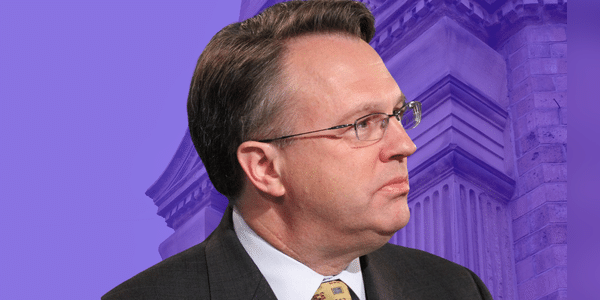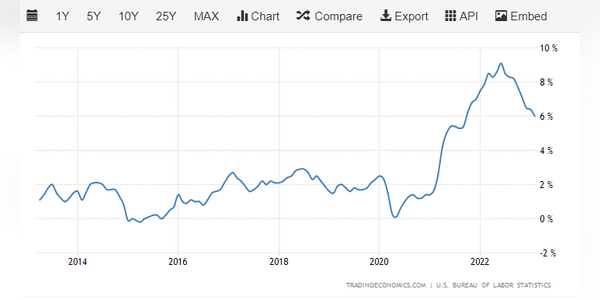The Fed has shown that it is oblivious to the damage it will do in its campaign to reduce inflation. The collapse of several banks is proof of that. But now it appears that they are not so sure and do not know for sure whether their actions will bring more problems and casualties.

New York Fed President John Williams said Friday that inflation remains a major concern and that he is closely monitoring credit conditions in the wake of the banking crisis that caused three U.S. banks to fail this month.

"Tensions in some parts of the banking system are likely to lead to tighter credit conditions, which in turn will reduce spending by businesses and households," Williams said. "The extent and duration of these effects, however, is still uncertain."
Data on inflation and the labor market in the first two months of the year led the Fed to raise rates by a quarter…